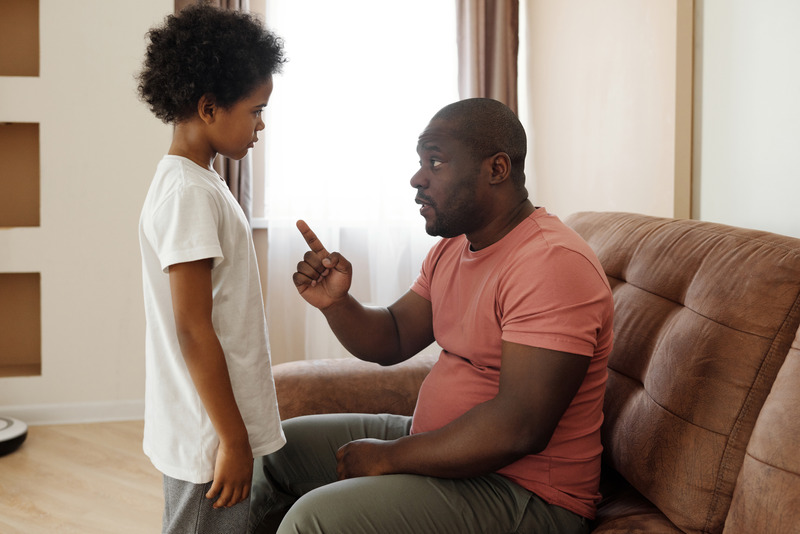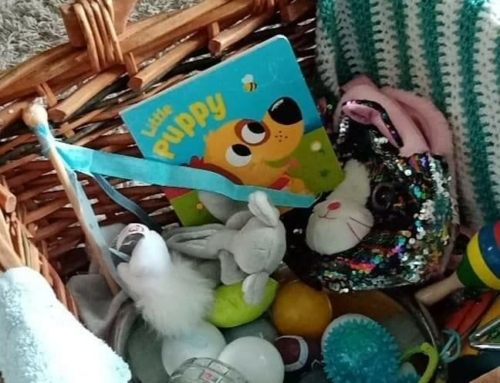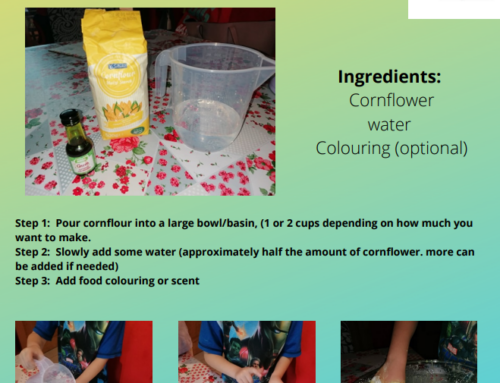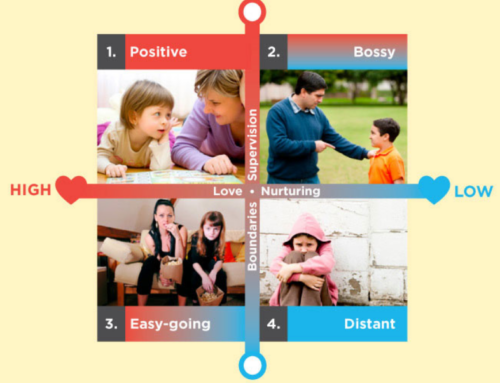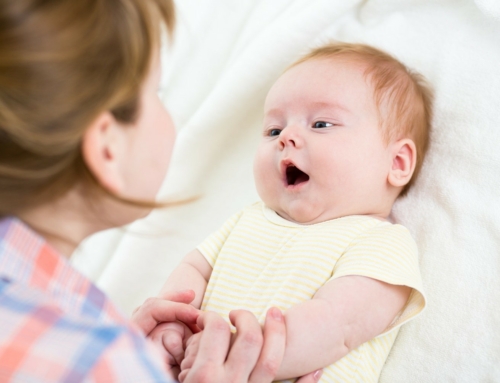It’s what you do with anger that’s important! Everyone is born with the ability to feel anger. Just in the same way we are born to feel happy, sad, fear, excitement and so on. It’s true that many of us have been brought up to feel we should not show our anger.
It takes a lot of effort to hide the emotions we feel, including when we are feeling angry. You simply can’t hide how our body changes. When we are angry our blood pressure rises, our heartbeat increases and our blood vessels expand. Which at times can lead to a massive explosion of energy!
How we handle this explosion of emotion is often related to how we were raised by our parents. For example, some families practice physical punishment and may slap their own children. Other families use verbal punishment and shout at their children.
And then we have families who suppress and hide their anger. Unfortunately, the anger is still there, however, it then shows up in the form of headaches, asthma attacks, itching or not being able to sleep.
In issue 45 of our ‘Growing Child’ we look at a number of ways we can deal with anger. Here are 7 suggestions on dealing with this perfectly normal emotion.
- Acknowledge that anger exists. It is part of what it means to be human. It’s all right to be angry with your child. And on the flip side of this your child can sometimes be angry with you!
- Agree that it is not acceptable to hurt someone as a result of anger. Anger is an emotion. Aggression is not an emotion. It is an action.
- Talk about the anger. It’s okay to admit how angry you are. You can say to your child, “I’m angry because I see the wall is all crayon marks. I have to go and clean this now”.
- Highlight your own feelings rather than lashing out at your child. You can do this by using statements that start with “I feel.” Say “I feel upset when…” instead of using words that attack and hurt your child. For example, “YOU ALWAYS…” YOU NEVER…” or “YOU ARE A …”
- Avoid anger-producing situations. Sometimes we ask questions we know will end up with the opposite of what we want! “Do you want to go to bed?” When we know rightly that the answer will be “NO!” So, to avoid getting angry because your child has just said ‘no’ use a statement (“It’s time to go to bed”) instead of a question.
- Provide outlets that help manage anger. If you find your blood beginning to rise it may be a good idea to simply go out for a walk to cool down. Or you could go put the kettle on and think about having a calming cup of tea. The reason for your anger will be there in 15 minutes but you will have a calmer way of dealing with the situation. If your child needs to calm down you could give them a pillow or inflatable toy to punch the anger out!
- Together you and your child can come up with ideas to solve problems. Amazingly if children are involved in dealing with the problem and finding a way to put it right, the solution is more likely to work.
Last week we talked about ‘Relaxed Parenting’ this might be something to help you feel more relaxed in dealing with our children. If we are more relaxed about the normal things children get up to we may be less likely to get angry with them – fingers crossed!


